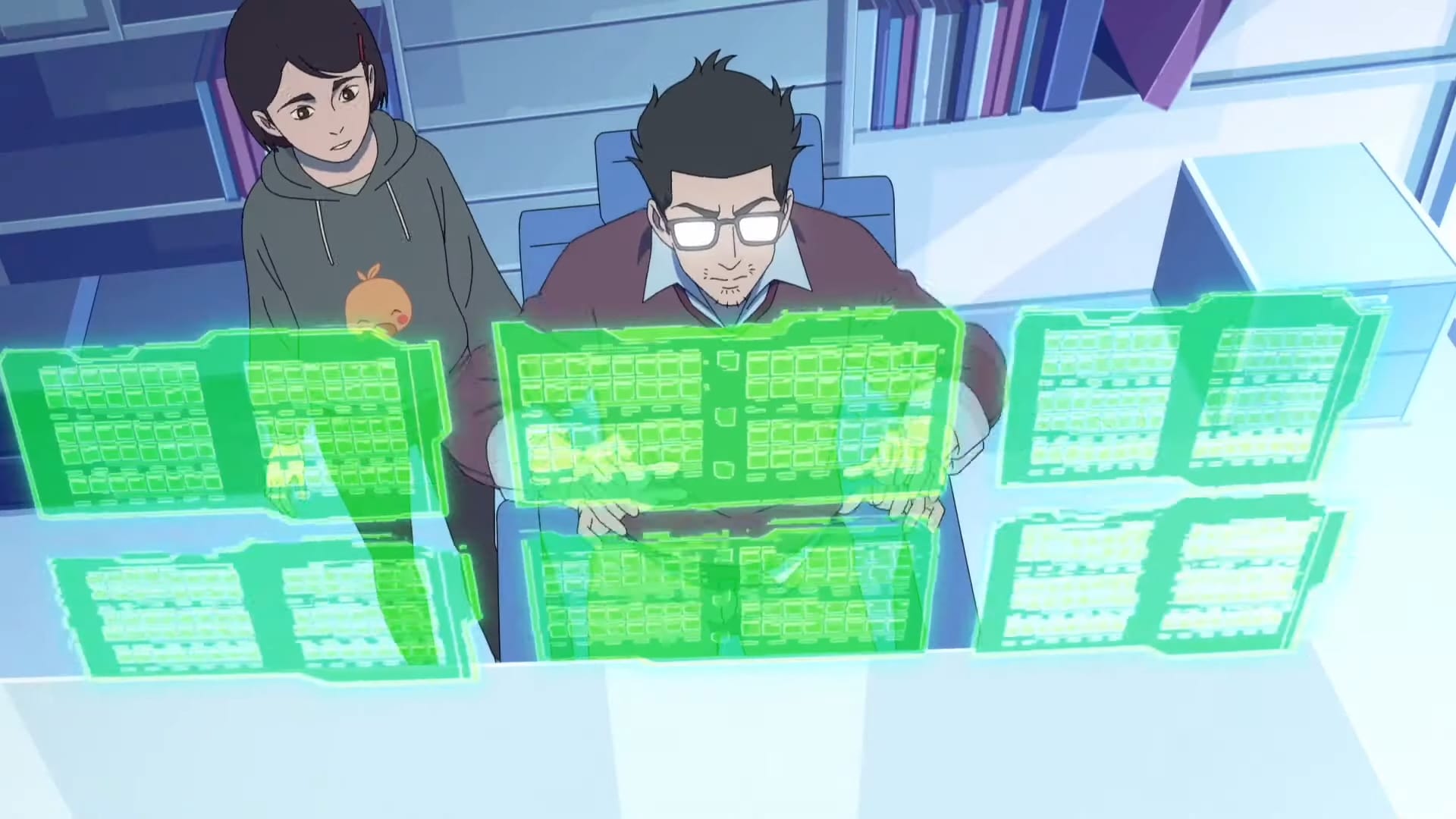Pausing AI Developments Isn't Enough. We Need to Shut it All Down by Eliezer Yudkowsky
New article in Time Ideas by Eliezer Yudkowsky. Here’s some selected quotes. In reference to the letter that just came out (discussion here): > We are not going to bridge that gap in six months. > > It took more than 60 years between when the notion of Artificial Intelligence was first proposed and studied, and for us to reach today’s capabilities. Solving safety of superhuman intelligence—not perfect safety, safety in the sense of “not killing literally everyone”—could very reasonably take at least half that long. And the thing about trying this with superhuman intelligence is that if you get that wrong on the first try, you do not get to learn from your mistakes, because you are dead. Humanity does not learn from the mistake and dust itself off and try again, as in other challenges we’ve overcome in our history, because we are all gone. > … > > Some of my friends have recently reported to me that when people outside the AI industry hear about extinction risk from Artificial General Intelligence for the first time, their reaction is “maybe we should not build AGI, then.” > > Hearing this gave me a tiny flash of hope, because it’s a simpler, more sensible, and frankly saner reaction than I’ve been hearing over the last 20 years of trying to get anyone in the industry to take things seriously. Anyone talking that sanely deserves to hear how bad the situation actually is, and not be told that a six-month moratorium is going to fix it. > Here’s what would actually need to be done: > > The moratorium on new large training runs needs to be indefinite and worldwide. There can be no exceptions, including for governments or militaries. If the policy starts with the U.S., then China needs to see that the U.S. is not seeking an advantage but rather trying to prevent a horrifically dangerous technology which can have no true owner and which will kill everyone in the U.S. and in China and on Earth. If I had infinite freedom to write laws, I might carve out a single


He mentions this before the footnotes: